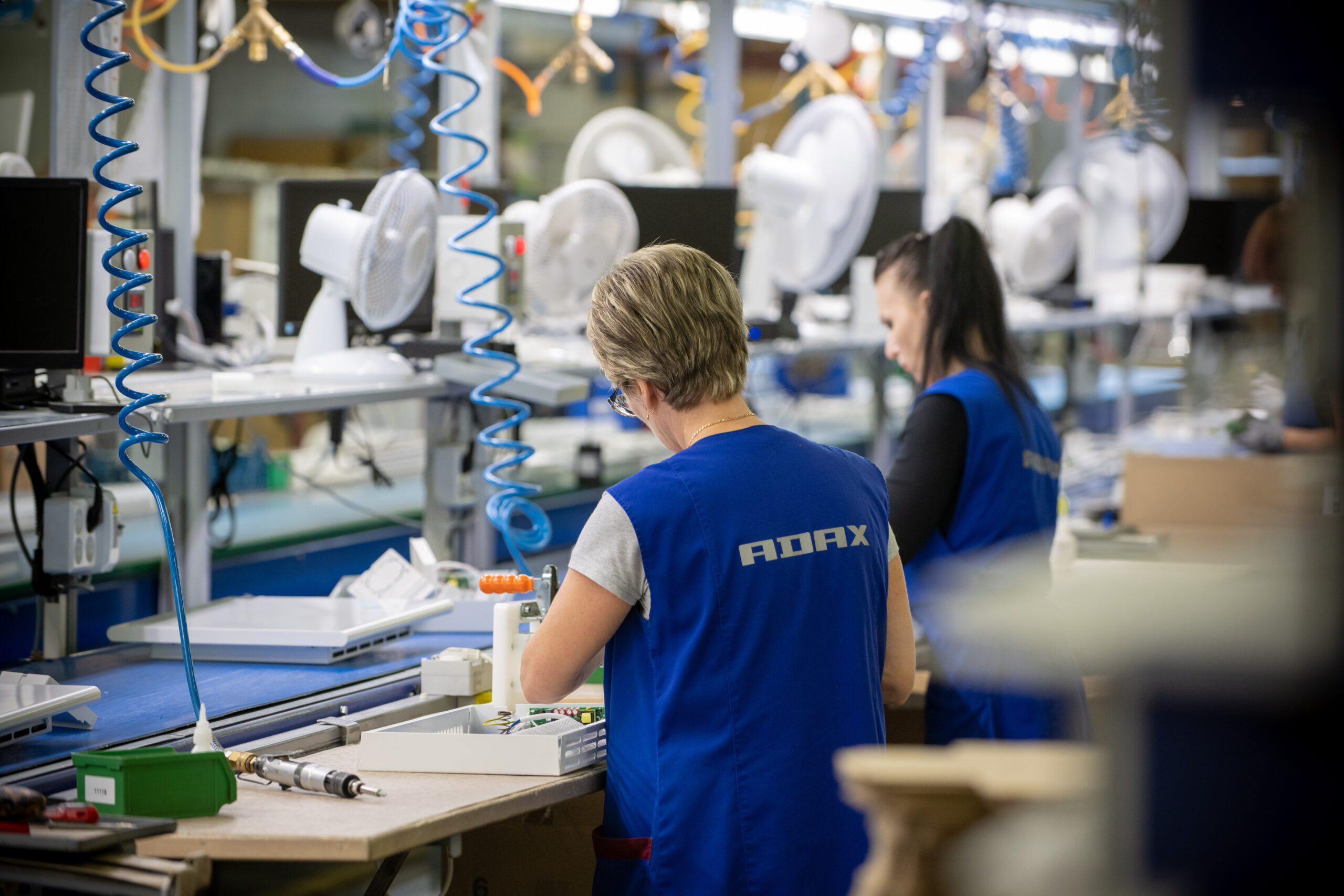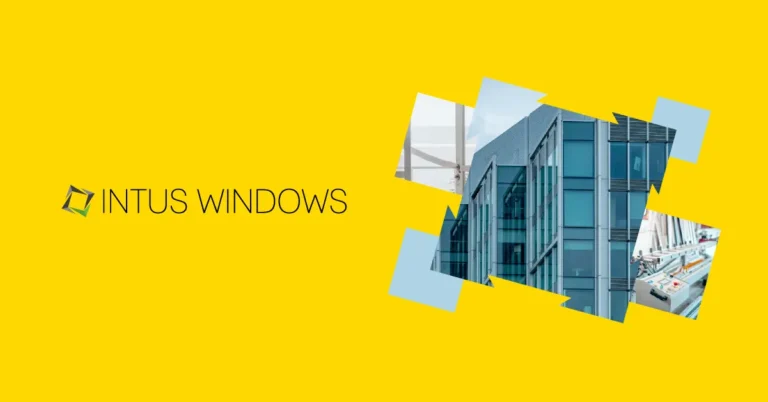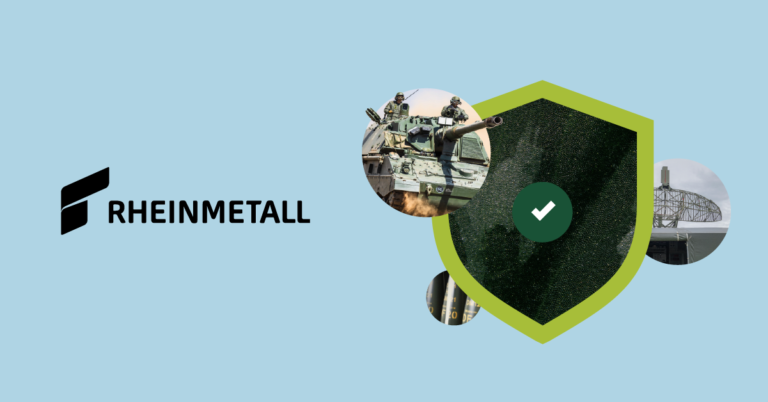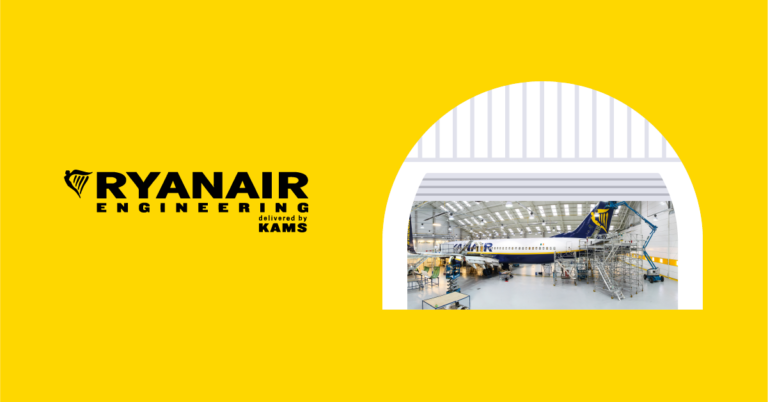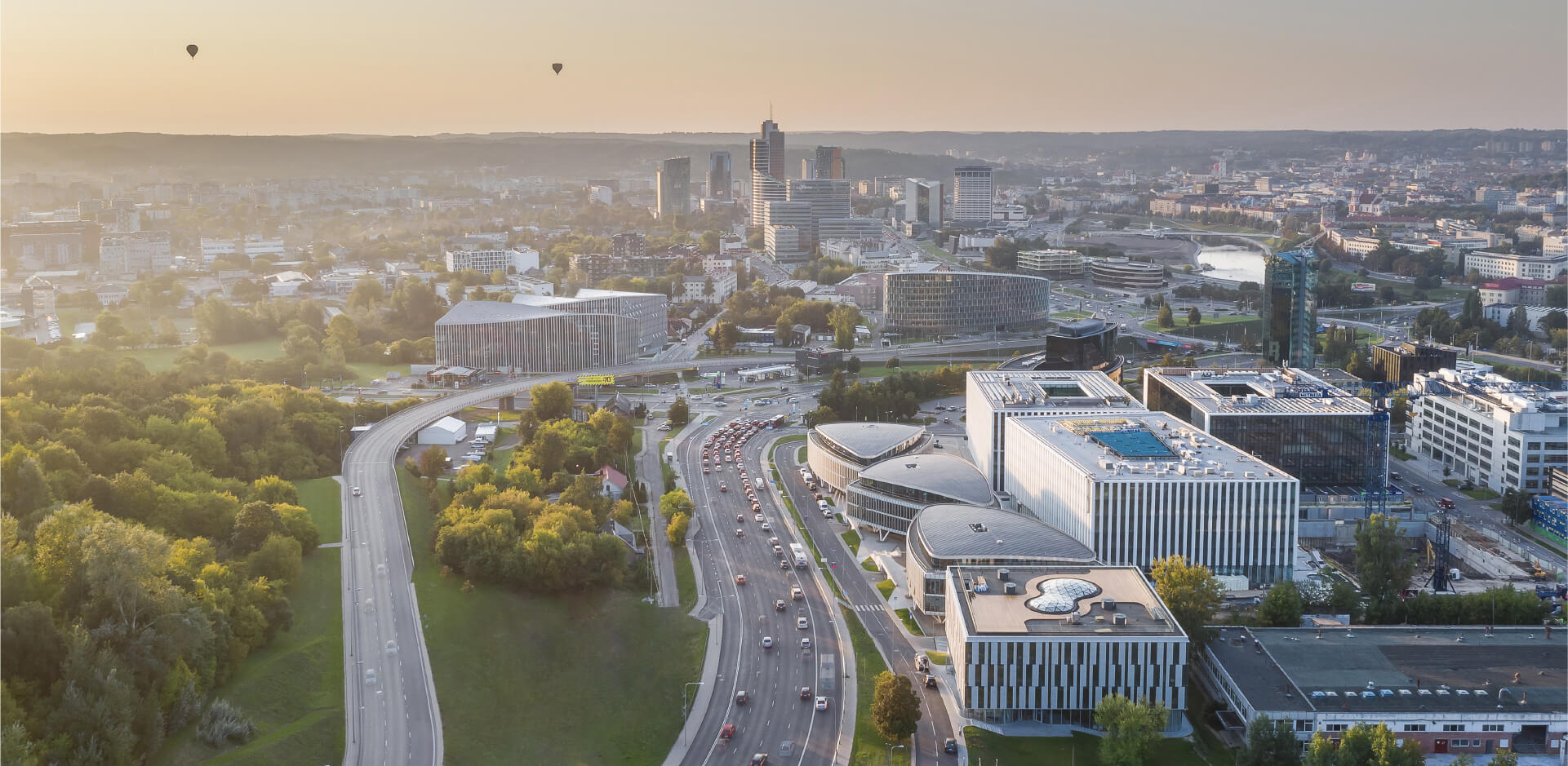Manufacturing is a key economic sector in today’s Panevėžys – largely thanks to innovative solutions that are helping the city achieve its aim of becoming a modern manufacturing hub. After visiting several companies implementing Industry 4.0, Panevėžys city development agency Panevėžys NOW shares some of their solutions that are now being integrated into global value chains.
Panevėžys has been attracting Scandinavian companies for decades – thanks to its competitive production costs, the city was chosen by multiple Nordic investors. Upon joining the European Union, and given the rising production costs, in order to remain competitive, Panevėžys leveraged not only favourable prices, but also production quality and innovativeness, as well as engineering know-how. Another driver of advanced industry in the city is the gathering momentum of Industry 4.0. We sat down with Aurimas Lukoševičius, the CEO of ADAX – a manufacturer of domestic and commercial heating equipment – to talk about choosing a growth efficiency strategy, challenges, and possibilities.
How does engineering know-how enable new opportunities in manufacturing?
We are a Norwegian company exporting approximately 80% of our products to Scandinavia. Our story in Panevėžys started 20 years ago, when production, assembly and certain technical tasks were moved to Lithuania. Over time, however, once our Scandinavian colleagues noticed our diligence, engineering skills, and future potential, they started giving us more creative tasks, which allowed us to put it all to good use. The first heating product we’ve developed, although technically quite simple, is still in production today.
As things developed, it came to be that the central office in Norway is now only responsible for identifying client needs, while we take care of production and technology-related decisions. They send us instructions regarding product design and technical functionality, and we do all the crucial work right here in Lithuania – manufacturing equipment, figuring out the implementation of necessary functions, building electronics, and more. The R&D Department in Panevėžys is responsible for attracting clients looking for smart, efficient solutions.
When developing the design of new products, we always look for reliable partners supplying a range of technologies because the plastic components used in our products are cast in special moulds, and the manufacturing of technical products often has a long and difficult start. At first, we collaborated with Asian suppliers, but Sigma (Panevėžys) later proposed expert-level casting of plastic elements and quick response to the evolving needs of clients. We’ve been successfully working with local suppliers for several years now.
Integrating smart heating systems into home automation
The rapid growth of smart tech has resulted in a shortage of electronics suppliers. Our failure to find a partner for advanced solutions at a competitive price eventually drove us to take matters into our own hands, culminating in the opening of the Electronics Department in 2017. This has enabled us to use a fairly wide range of technologies, offering both simple and wireless-controlled products.
It wouldn’t be inaccurate to call us the market pioneers of heaters containing a wireless thermostat, which connects to the internet without a special dongle, and can be controlled via an app. The key advantage of such devices is the option of integrating them into home automation systems, like Google Home, Amazon Alexa, Homey, Tibber, and Future Home. In addition, we closely follow our suppliers, looking for innovations that could enhance our products, such as integrations with Norwegian power grids. By linking them with our app, we can notify our users about more efficient heating options and vice versa – cutting off heat when its price goes up. We’re also among the first on the market to use APIs in our products, i.e., enabling the app to be integrated into other systems.
Since our products are mostly sold in the Scandinavian market, we strive to continuously segment and improve them accordingly. Despite not selling very much in Lithuania, it’s certainly a pleasure to be noticed here, as well. In 2021, our portable, electric, Wi-Fi-connected, interior heater ADAX Vilje VG1120WTB won gold at the Lithuanian Product of the Year awards.

Aurimas Lukoševičius, general manager at ADAX; © Mindaugas Milaknis
How do new systems improve the efficiency of labour and manufacturing?
To improve our internal manufacturing process and ensure top quality and efficiency, we partnered up with the Panevėžys Mechatronics Centre, which helped us implement the Overall Equipment Effectiveness system HORAS. The partnership yielded a conveyor control system that evenly distributes tasks according to the number and duration of orders and operations, as well as the number of production staff. In addition, we’ve taken over previously developed systems that we’re continuously improving upon within the partnership framework. Currently, we’re developing electronic circuit board testing equipment in collaboration with the Centre. In my view, the further consolidation of this institution, empowering it to develop and then maintain new systems, would be beneficial not only to us, but also to other companies in similar fields.
During recent years, we’ve been focusing on digitisation. To improve our internal logistics process, we’ve installed a warehouse control system that maintains a clear order, manages production, and helps to avoid human error. Given the system’s extensive capabilities, it takes time to start making full use of the newly installed features. To this end, we’ve also deployed a module of the business management system Axapta Master Planning that facilitates planning procedures. Based on received orders, it distributes production capacities and assigns tasks, which are then approved by the employee responsible for production planning.
Procedures amenable to digitisation were identified by an audit. For instance, it turned out that it’s crucial to digitise the tasks of the Accounting Department. Previously, employees would spend lots of time manually entering invoice data into the system, which sometimes led to human error, whereas now the newly installed digital tools recognise invoices automatically and transfer the data into a general business management system, which is much easier for employees to handle.
After an extended period of transition, employees started to see the new system’s advantages. We’ve noticed a substantial boost to operational efficiency tied to financial incentives. Systemic logging of discrepancies and a clear view of their scope help us to quickly identify causes and find solutions. Having implemented these, perhaps indispensable, changes, we’re considering even more integral and complex projects that would only pay off in the long run. For instance, there’s a need to automate the thermostat assembly process. We’re also implementing a sustainability programme aimed at continuous improvement of production. These projects are joined by employees with different skill sets, allowing us to work on further improving efficiency together.
How does creative freedom and learning incentives secure talent supply?
When the company was established, the shortage of qualified specialists pushed us to develop and provide special training to employees, thereby securing the necessary talent. Now, however, things are somewhat different – I go to universities and talk to students about career opportunities, engineering potential, and creative freedom in Panevėžys. This enabled me to attract highly qualified specialists to our R&D Department. For instance, we’ve had an Electronics graduate from Panevėžys at the Department ever since it was established. By exercising creativity and flexibility, we’ve slowly but surely built a team driven to excel. It’s easy to make tried-and-tested decisions, but we always leave space for unorthodox ideas that motivate employees with high expectations.
The progressive nature of the company and its internal projects allow our specialists to improve. We also encourage external training. By carefully tracking the knowledge that’s most lacking, we’re able to find ways to acquire it. The factory is open to all employees – we’re happy to accommodate people with movement disabilities and ensure that our workplaces are accessible to everyone.
Our current plans for rapid growth include raising the demand for our products, which requires a careful consideration of the necessary systems and innovations. We’d also like to build new production facilities. Today Lithuania, just like the rest of Europe, is facing hard-to-predict energy costs, which makes our advanced electric heating technology based on small solar plants a more innovative solution than heating residential premises with natural gas. This is especially relevant to Western European countries where we plan to expand production.
The series of articles “Industry 4.0 Solutions in Panevėžys” was prepared as part of the project “Connecting Panevėžys: Improved Business Environment through Better Collaboration”, funded by the Panevėžys City Municipality.






